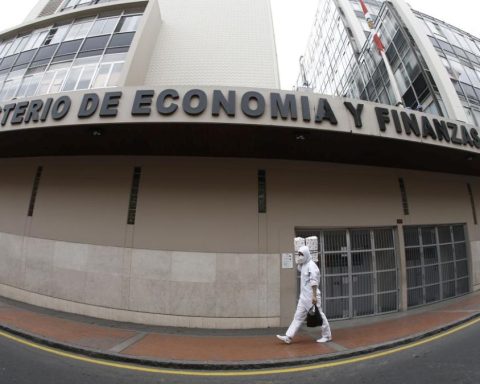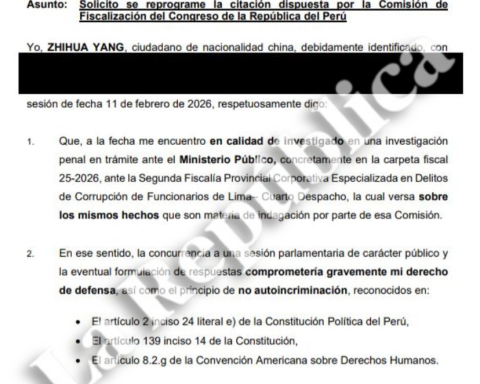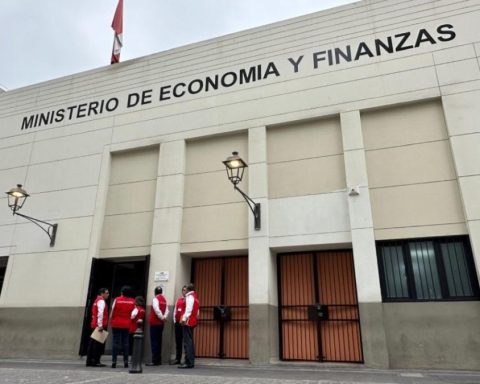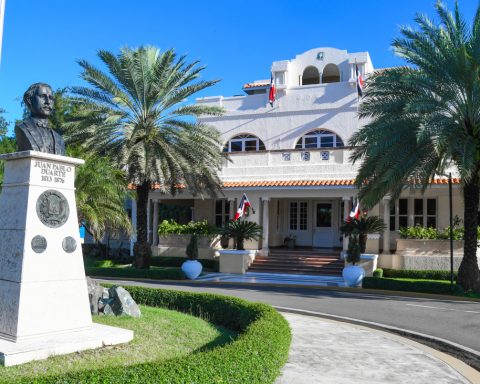The Government declared this Monday, October 31 as Holiday for public sector workers at the national level, which is added to the National holiday on November 1 in commemoration of the All Saints Day.
It is worth mentioning that the hours left to work during this day must be compensated in the following 10 days, or prior agreement with the boss, depending on the required needs.
Likewise, although this provision is applied to the public sector, private companies can take advantage of this non-working day.
Do I have to receive an extra payment for working on October 31?
No, as it is not a public holiday. For the private sector, they are not entitled to pay additional concepts or substitute breaks, since their acceptance is at the discretion of each employer.
If it occurs, the form and timing of the compensation is decided by agreement; in the absence of this, the employer decides.
How much should I be paid to work on November 1?
If a worker works on Tuesday, November 1, the following must be paid:
- A daily remuneration for the holiday: a daily remuneration for the work carried out
- A second remuneration: a daily remuneration for unused holiday rest
- A third remuneration: a remuneration in the form of a surcharge (100% of the daily remuneration) provided by law.
That is, if your salary is S/ 1,500, the daily remuneration will be S/ 50. So, if you work on this holiday you will receive S/ 150 for the day worked, as stated in the regulations.
What is the difference between a non-working day and a holiday?
According to the Philippi Prietocarrizosa Ferrero DU & Uría Study, holidays are days of paid rest, recognized by legal regulations, which do not require subsequent compensation by workers.
While the non-working days are also days of paid rest, but they are usually recognized in infralegal regulations and require to be subsequently compensated by the workers.
In addition, they normally apply on a mandatory basis only for the public sector, leaving their voluntary acceptance to the discretion of private companies.
In the case of holidays, if the person decides not to work, he will receive his normal payment, but if he does, he has the right to request another day off in compensation.
However, if the employee decides not to claim a break in compensation for the holiday worked, he will receive the normal payment of the day and also an additional double surcharge. In other words, if a person is entitled to S / 50 per day, during a holiday worked he would be charging S / 150.















